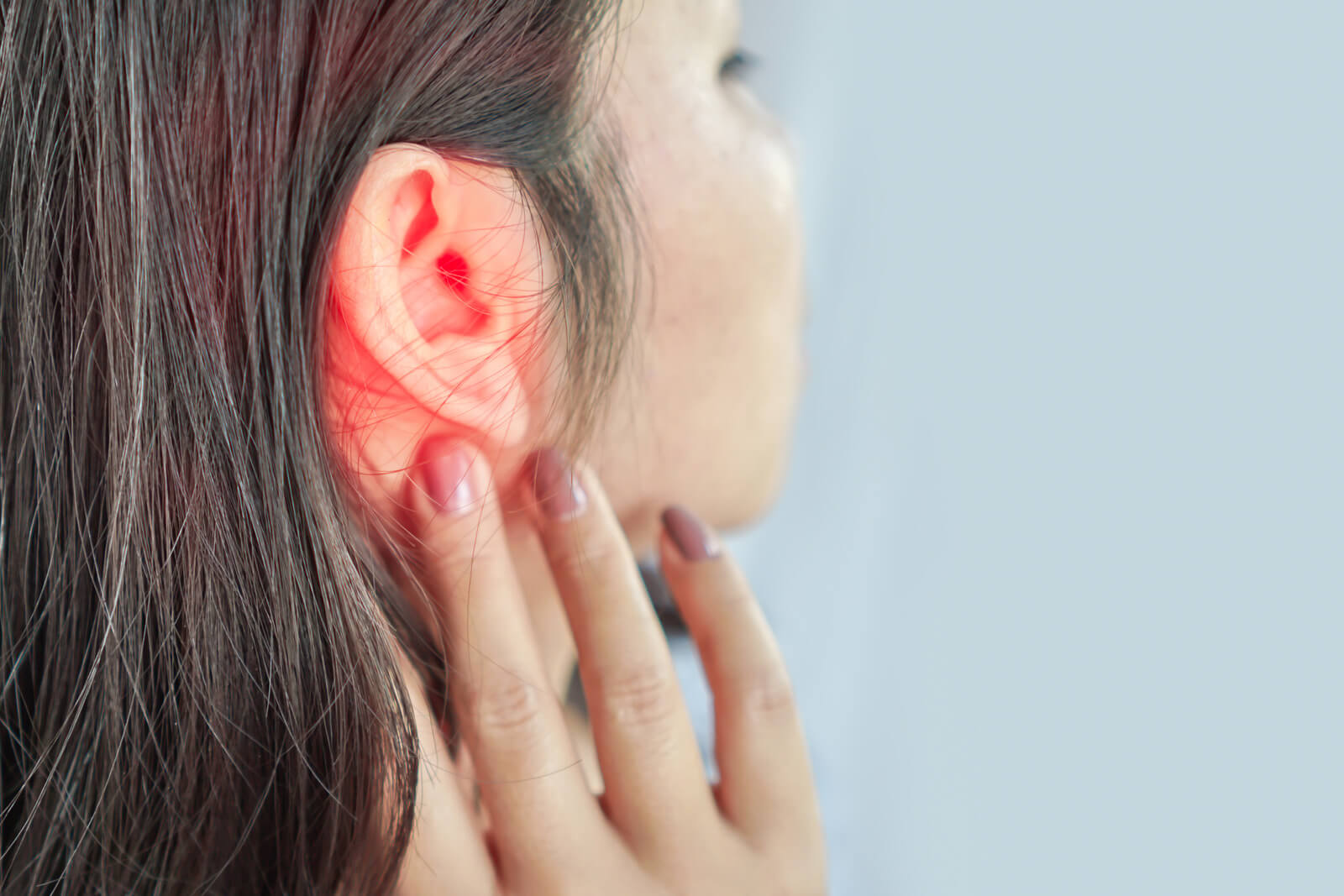Hearing connects us to the world in profound ways, shaping our interactions and experiences. Yet, many people take this sense for granted until a noticeable issue arises. Audiologists play a vital role in maintaining hearing health, offering preventative care, solutions to existing problems, and guidance on ear protection. Recognizing when to visit an audiologist can make a significant difference in preserving your quality of life.
The Importance of Hearing Health
Hearing health is more than just about hearing sounds; it influences how we communicate, engage in social settings, and experience the world. Our auditory system allows us to appreciate the nuances of music, the laughter of loved ones, and essential warning sounds in our environment. Losing this ability can have a profound emotional and psychological impact, often leading to frustration, isolation, and diminished quality of life.
Audiologists are healthcare professionals specializing in diagnosing and managing hearing and balance issues. They also play an integral role in ensuring access to assistive technologies, including hearing aids in Australia, which cater to a diverse range of needs. By visiting an audiologist at the first sign of trouble, you can address existing problems and take preventative measures to protect your hearing for the future.
Common Causes
Hearing loss can result from various factors, including:
- Aging: Known as presbycusis, age-related hearing loss is common among individuals over 60.
- Noise Exposure: Prolonged exposure to loud noises, whether from occupational environments or recreational activities, highlights the importance of ear protection in preserving auditory health.
- Infections: Chronic ear infections can cause both temporary and permanent hearing loss.
- Genetics: A family history of hearing issues can increase your risk.
- Medical Conditions: Diseases such as diabetes, hypertension, and viral infections can affect hearing.
Programs like the Hearing Services Program in Australia aim to make diagnostic and treatment options accessible, particularly for vulnerable populations.
Difficulty Hearing Conversations
One of the most common signs of hearing loss is struggling to follow conversations. You may find yourself frequently asking others to repeat themselves or misinterpreting what they’re saying. This difficulty can be particularly noticeable in noisy environments, like restaurants or social gatherings, where background noise makes it harder to focus on speech.
Persistent Ringing in the Ears (Tinnitus)
Tinnitus, a persistent ringing, buzzing, or hissing sound in the ears, is often dismissed as a minor annoyance. However, it can signal underlying conditions, including hearing loss, ear damage, or circulatory issues. If tinnitus persists, consulting an audiologist is essential.
Turning Up the Volume
If you or someone close to you notices that you’re consistently increasing the volume on devices such as televisions or radios, it might be a sign of hearing loss. While it may seem like a harmless habit, this behavior can indicate that your auditory system is struggling to process sounds at normal levels.
Avoidance of Social Situations
Many people with hearing difficulties begin to withdraw from social settings, especially in environments with significant background noise. The effort required to follow conversations can become exhausting, leading to embarrassment or frustration. Over time, this avoidance can contribute to loneliness and depression.
When to Seek Immediate Attention
While some symptoms develop gradually, others require urgent care. Sudden or severe auditory changes should always be treated as medical emergencies. Sudden sensorineural hearing loss (SSNHL) is a rapid and unexplained loss of hearing, typically in one ear. This condition requires immediate evaluation and treatment, as early intervention greatly increases the chances of recovery.
Conclusion
Hearing health is an essential aspect of overall well-being, yet it’s often neglected until problems become severe. Recognizing the signs that indicate a need for professional care is the first step in maintaining your auditory system. By seeking timely help from an audiologist, you can address hearing issues, prevent further damage, and continue enjoying the rich tapestry of sounds that make life vibrant and fulfilling. With resources like hearing aids, tailored advice on ear protection, and programs like the Hearing Services Program, taking proactive steps to protect your hearing has never been more accessible. Contact us today to schedule a consultation with an experienced audiologist and prioritize your hearing health.

